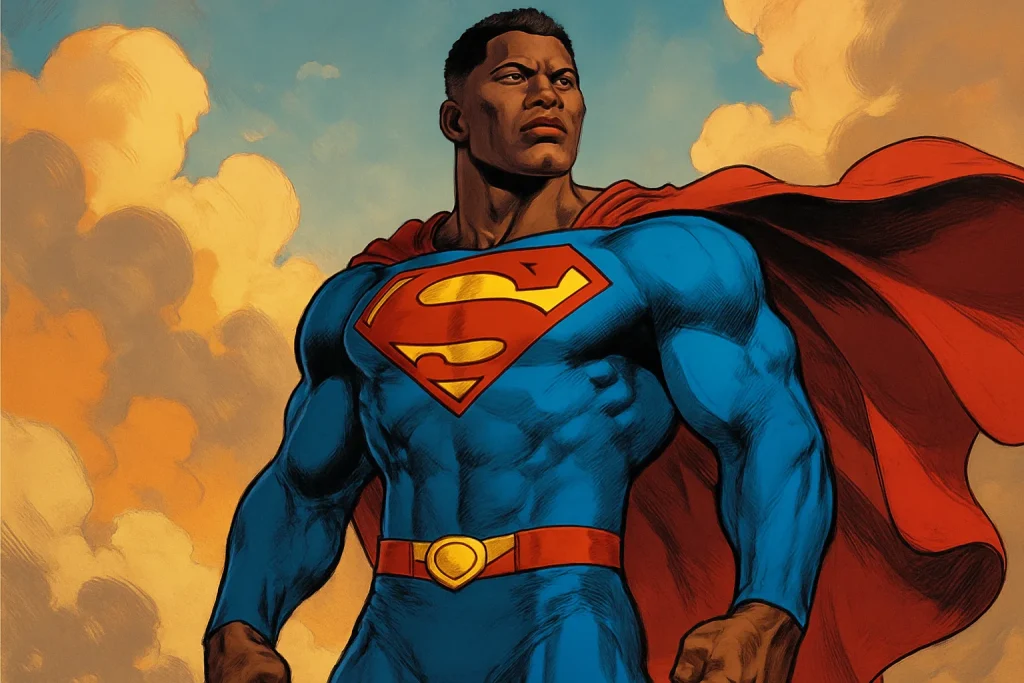A once highly anticipated project featuring a Black Superman, scripted by acclaimed author and cultural critic Ta-Nehisi Coates and produced by J.J. Abrams, was reportedly shelved by Warner Bros. Discovery CEO David Zaslav. According to a recent report from The Wall Street Journal, Zaslav dismissed the project as “too woke,” halting its development as part of his broader retooling of the DC cinematic universe.
Back in 2021, the idea of a Black Superman movie made waves when Warner Bros. tapped Coates, known for his poignant and provocative takes on race and American identity (Between the World and Me, The Water Dancer), to write a reimagined Superman story.
The script was said to center around a Black version of Kal-El, set during the civil rights era, a bold, political direction that would have recontextualized the Man of Steel for a new generation. Abrams was set to produce under his Bad Robot banner.
But as Warner Bros. merged with Discovery and Zaslav took the reins in 2022, plans for a racially and politically charged Superman movie reportedly ran afoul of the new regime’s vision.
The WSJ article stated, “Around the same time in 2022, Zaslav was exploring how to fix DC. He dismissed as too woke a script being written by Ta-Nehisi Coates about a Black Superman in the civil rights era, according to people familiar with the matter.”
That’s not to say a Black Superman film is completely off the table. The report also noted that DC Studios co-heads James Gunn and Peter Safran could revisit the concept in the future.
But for now, Zaslav is doubling down on a traditional portrayal of Superman, led by Gunn’s Superman, out today, a flagship opportunity to reboot the DC Universe.
The decision has sparked renewed debate around race-swapping legacy characters versus spotlighting existing Black superheroes like Val-Zod or Calvin Ellis, both of whom exist within the DC Comics multiverse. Fans had already raised concerns that introducing a Black Clark Kent, instead of elevating established Black characters, felt more like corporate virtue signaling than meaningful representation.
Adding to the complexity, Michael B. Jordan had previously distanced himself from Coates’ take. While he was once rumored to play the lead, Jordan pivoted to developing a Val-Zod project for HBO Max, one that centers on a distinctly different Kryptonian hero with his own backstory and cultural identity.
In a media landscape still grappling with how to merge blockbuster storytelling with cultural consciousness, the shelving of the Black Superman script speaks volumes about who gets to tell which stories and how far studios are willing to go when the subject matter gets uncomfortable.




